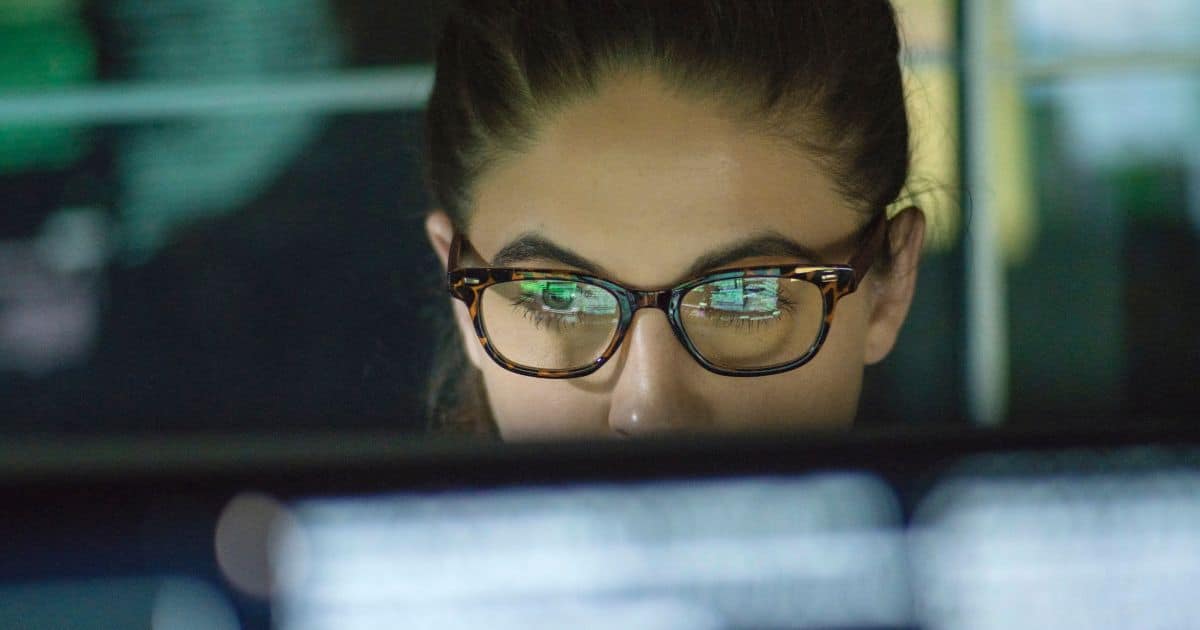More people are working from home because of technological improvements and the needs of a changed world. As a result, artificial intelligence (AI) is increasingly being used in surveillance functions. Using AI-powered tracking tools is a simple way for companies to keep workers productive and accountable in the virtual workplace.
People sometimes need clarification on whether the AI is going the right way. In this article, we will find out that.

How does work-at-home AI surveillance work?
AI employee monitoring software depends on software that lets employees monitor their devices and internet use. Software may record keystrokes, mouse movements, programs used, websites viewed, and files opened, among other things. Speech recognition algorithms can also listen to calls and meetings to hear chats and sounds around them.
AI algorithms can also look at writing examples, like emails and papers, to conclude how employees feel or what they are doing. Computer vision methods can also track employee movements, behaviors, and attendance through video feeds. More advanced systems even say they can tell how tired, happy, or focused someone is by looking at their facial expressions. This data is sent back to employers in several ways, such as activity summaries, attention metrics, and productivity scores.
Why are companies interested in deploying these tools?
AI surveillance offers managers in charge of workers from home more visibility and insights without having to watch them directly. The software also sends out alerts about issues with data protection, privacy, and doing things without permission. Speech and text algorithms also help bring up issues like mental health, abuse, and discrimination that might be hard to see from a distance. More generally, watching people who work from home fits with a longer-term goal of using technology to improve, manage, and keep an eye on the workplace.
As competition heats up, businesses seek new ways to cut costs and make more money. Those goals can be advanced with AI that can nudge and change people’s actions. Try tools line Controlio. It enables unprecedented micromanagement of workers, ensuring maximum efficiency at every level
What are the biggest concerns around the normalization of these practices?
- Some people are worried that the tools invade workers’ privacy at a time when things are already hazardous for them. These technologies collect vast amounts of personal information in places like homes. Even though the software automatically tracks and analyses behaviors, its processes must be clarified. There are no valuable ways to agree or disagree.
- Employee monitoring product reviews allow for a level of micromanagement of workers that has never been seen before. Watching people use the bathroom, reading their facial expressions, and keeping track of their keystrokes takes away their freedom and respect. It also leads to mistrust and stress, ironically making people less productive. Being watched by a boss could make mental health problems worse in people who already have trouble with them because they work alone from home.
- Critics think that the normalization of AI monitoring points to a terrible future of work from a philosophical point of view. As technology and competition improve, will managers use their power to monitor everything? Without well-thought-out barriers, every new idea makes it easier to keep an eye on things. Before long, workers may be stuck in panopticons, where they can’t get away from programs programmed to look out for managers’ needs instead of people’s.
Conclusion
Work-at-home AI surveillance happens when many technical and social changes are happening. Normalized monitoring, on the other hand, threatens important privacy, autonomy, and respect. It might even make mental health problems worse. As these technologies improve, we need to carefully weigh the pros and cons, protect rights, and stop crimes from happening on a large scale before they do. Legal and regulatory tools should be used to limit monitoring if needed to uphold core values like trust, openness, consent, and giving employees power. AI can improve without making homes into spy stations as long as it is carefully supervised and new ideas are used responsibly.
